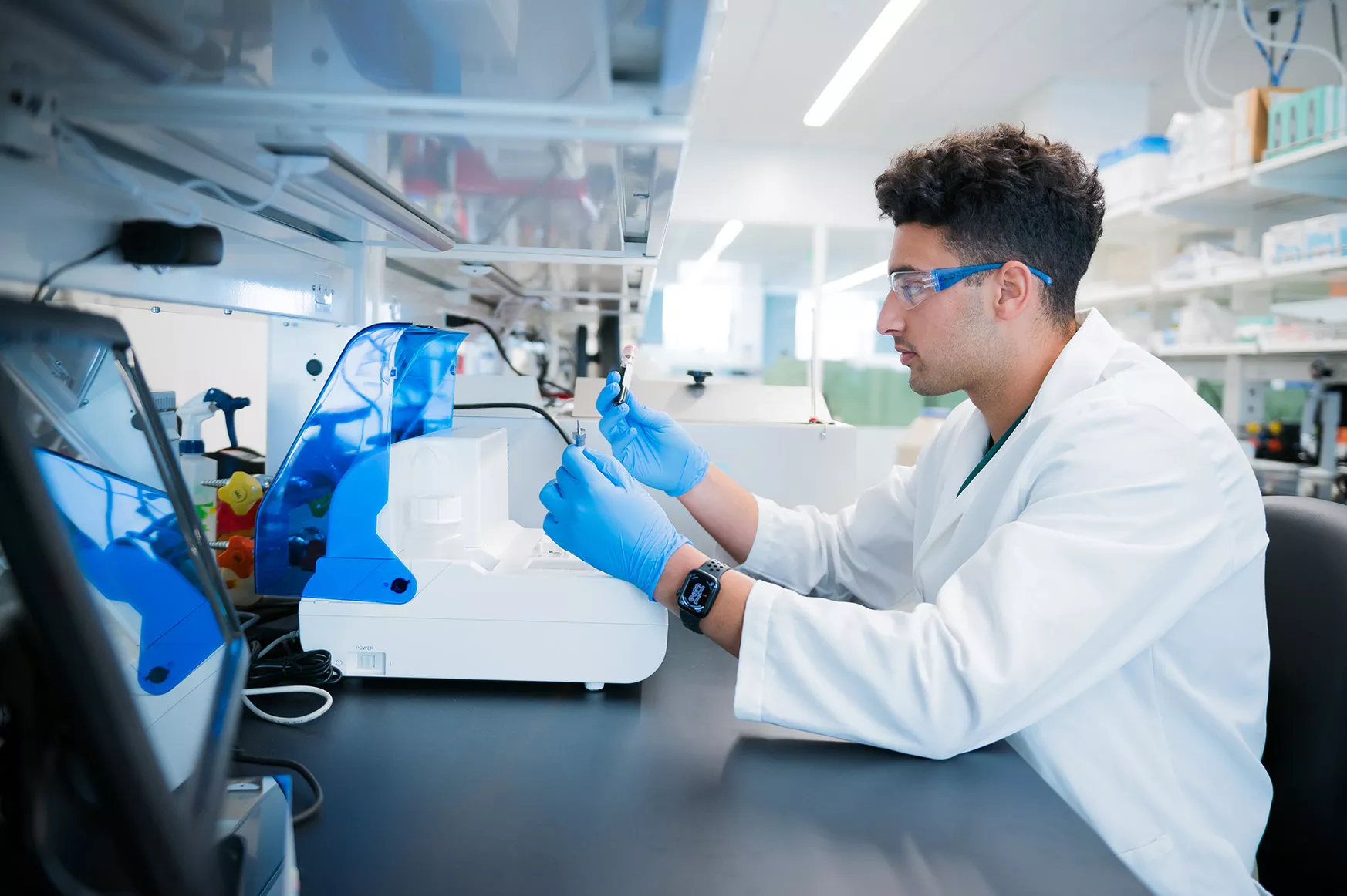Kornblith Lab - Homepage
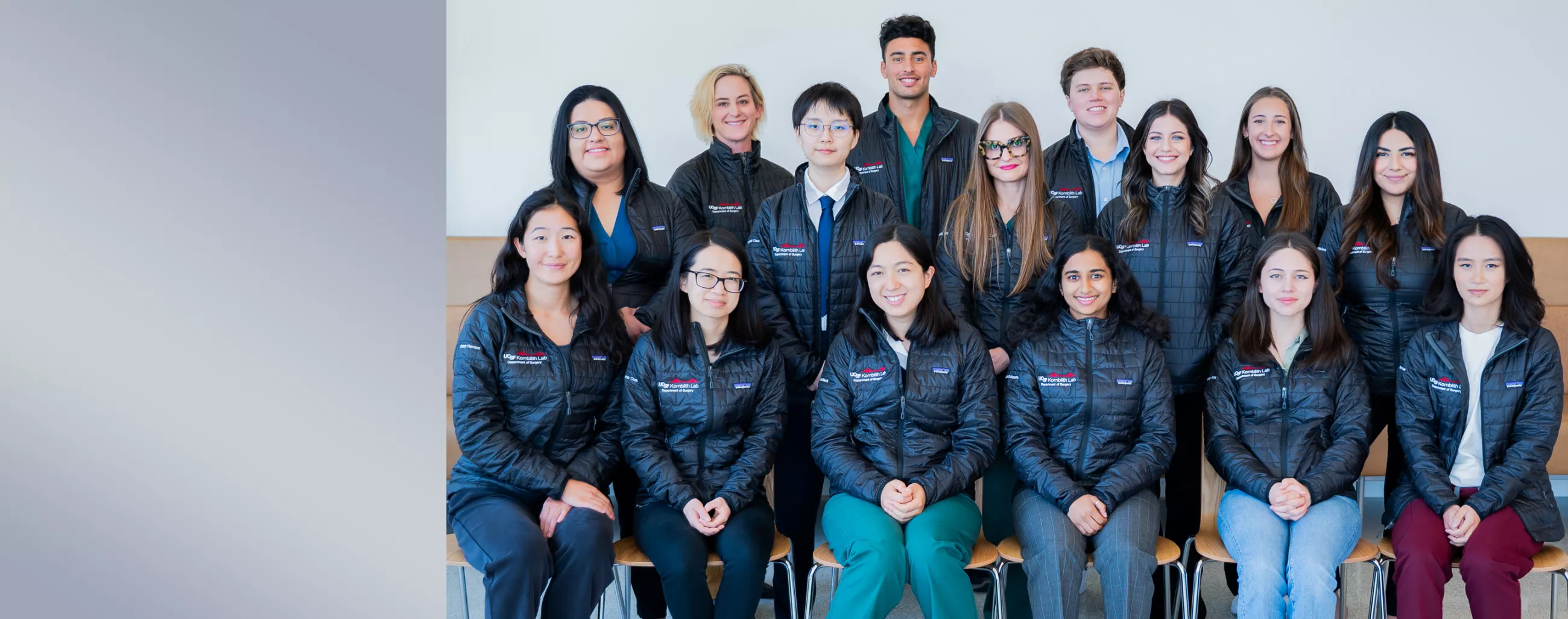



Meet the Team
The members of UCSF Kornblith Lab team encompass a rich blend of expertise and backgrounds, each member bringing a unique perspective to the table, fostering an environment of dynamic exploration and innovative discovery.
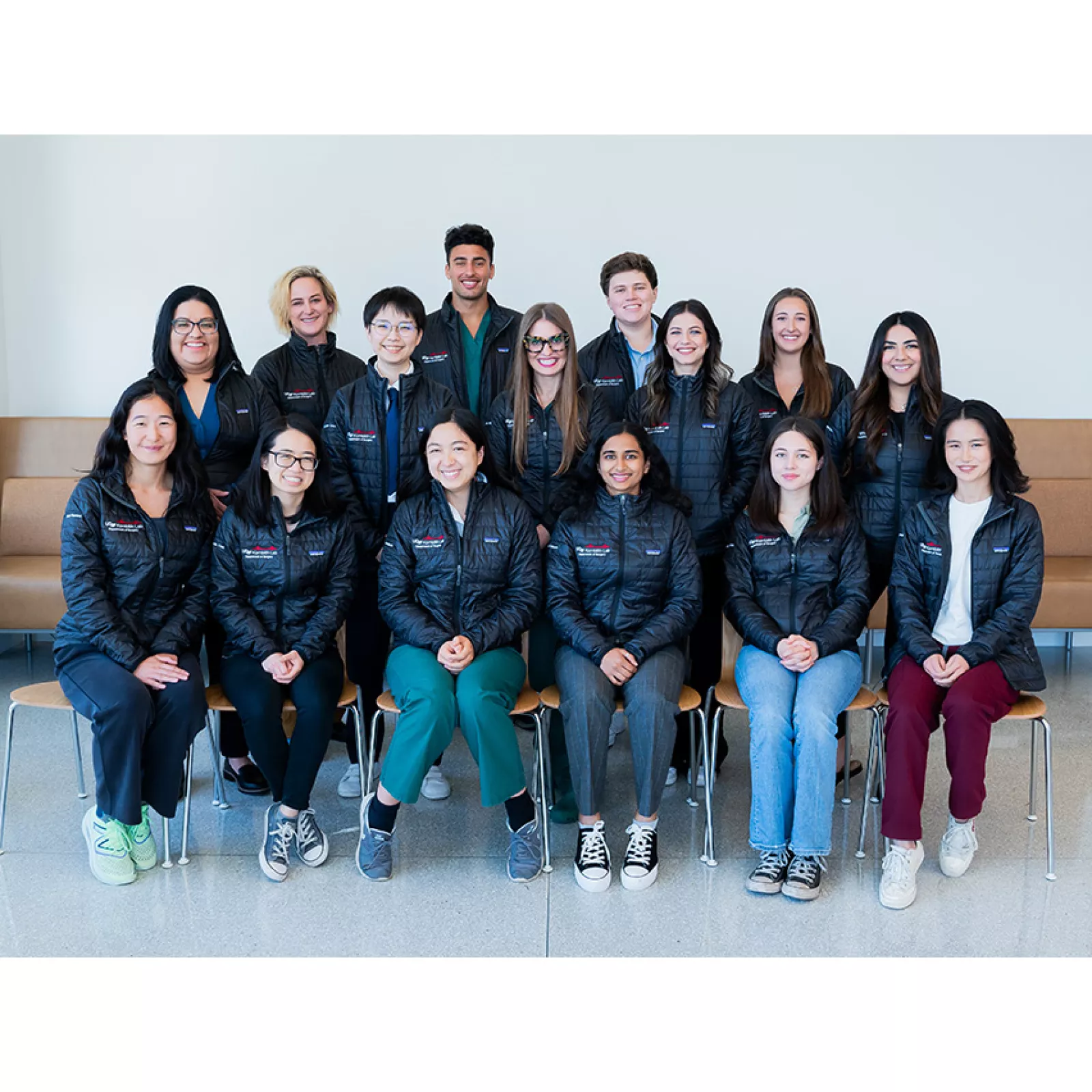
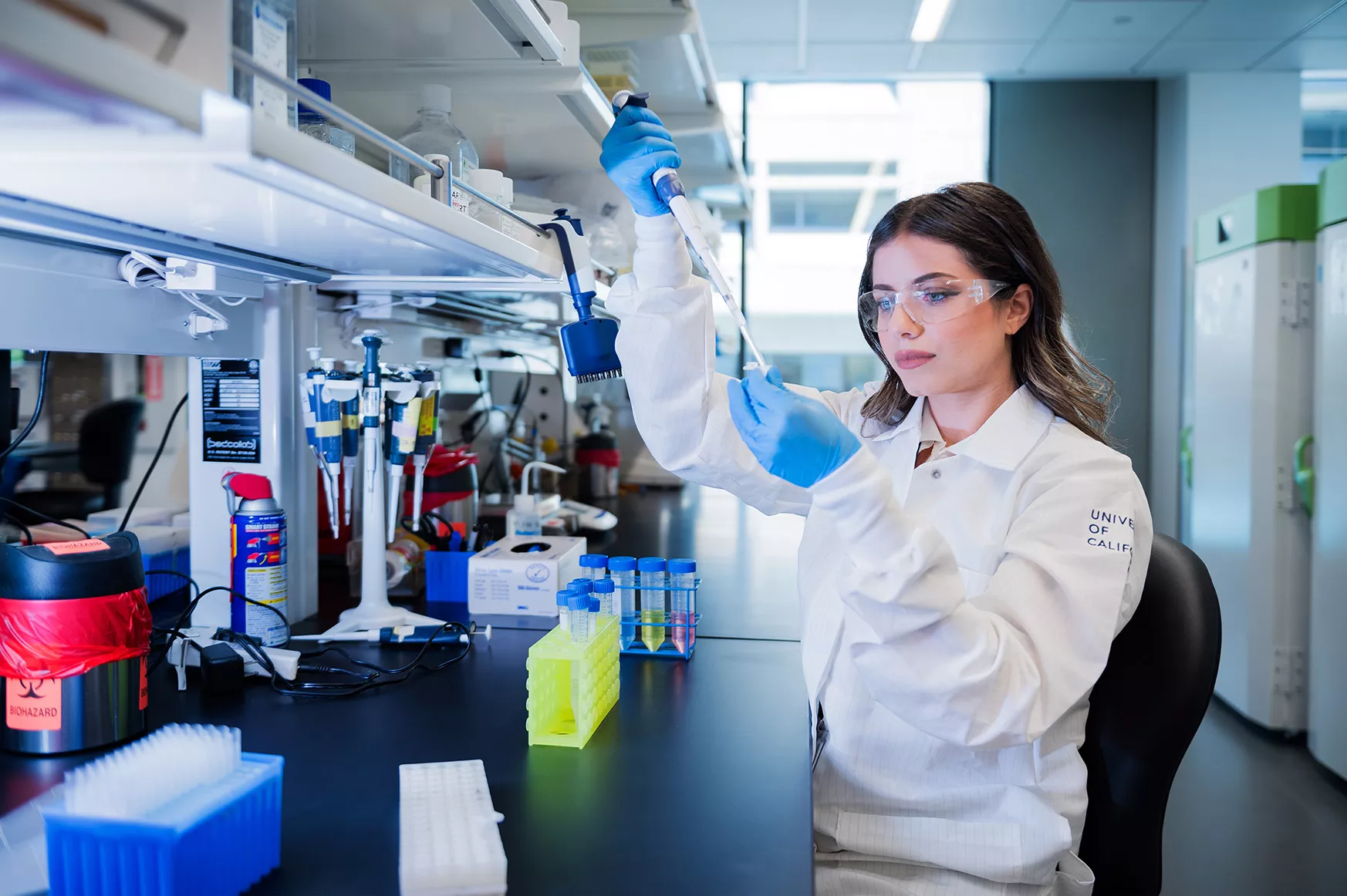
Globally, injury remains a leading killer. The goals of our research program are to understand how blood system failure after severe injury contributes to bad outcomes, and to identify therapeutic targets and optimize treatments to improve the care of injured patients.
We do this through:
- Translational research to identify novel biology of blood system failure through the lens of platelets
- Large observational studies to identify predictors of bad outcomes after injury
- Clinical trials investigating therapeutics and resuscitation strategies for injured patients
The smallest cells can give us the biggest answers
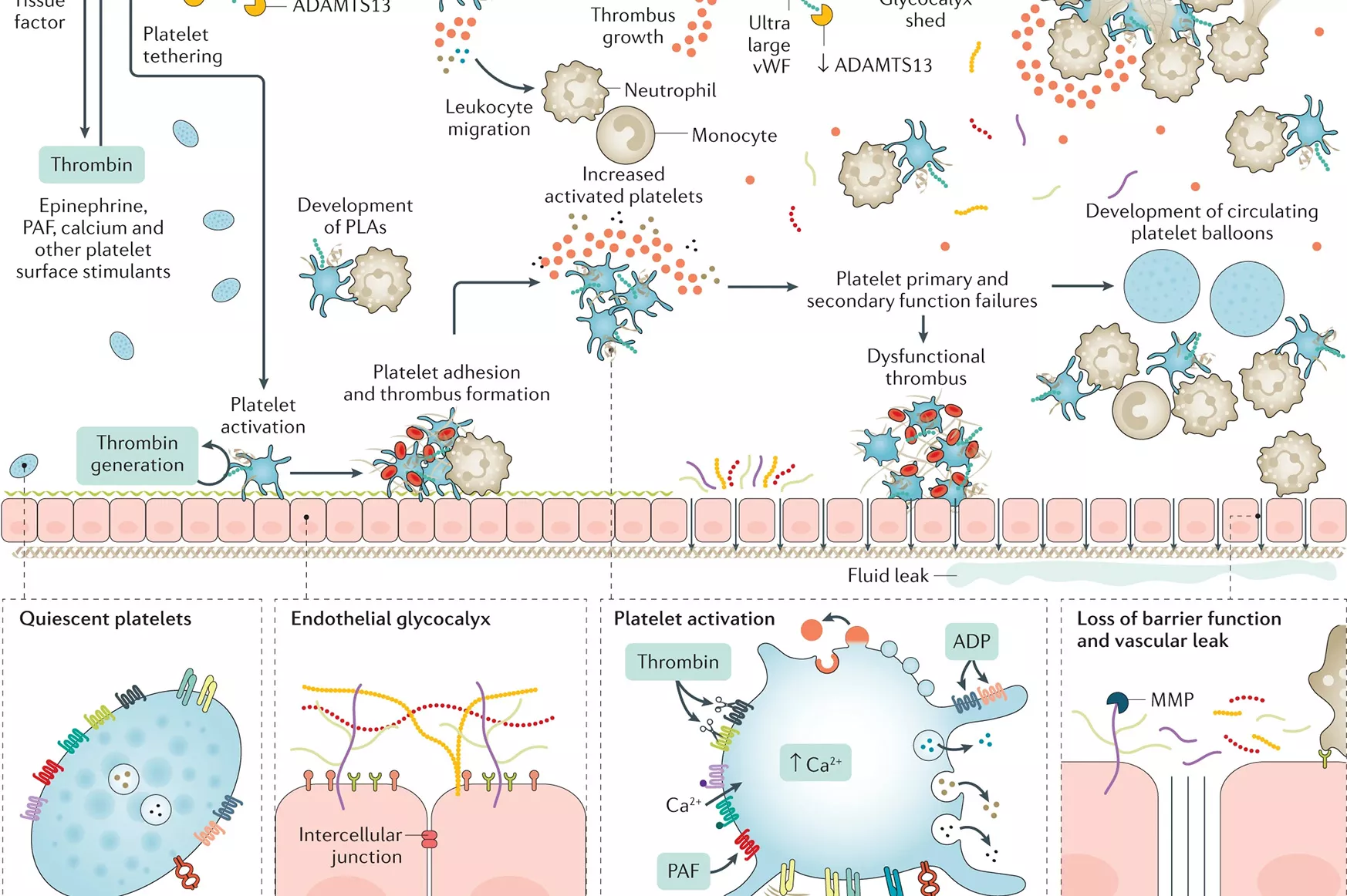
Effect of the P-selectin Inhibitor Crizanlizumab on Survival Free of Organ Support in Patients Hospitalized for COVID-19: A Randomized Controlled Trial.
PubMed AbstractPlus
Effect of P2Y12 Inhibitors on Organ Support-Free Survival in Critically Ill Patients Hospitalized for COVID-19: A Randomized Clinical Trial.
PubMed AbstractPlus
Current Use and Utility of MRCP, ERCP and Pancreatic Duct Stents: A Secondary Analysis from the WTA Multicenter Trials Group on Pancreatic Injuries.
PubMed AbstractPlus
γ' fibrinogen levels as a biomarker of COVID-19 respiratory disease severity.
PubMed AbstractPlus
However you give – as a former patient, family member or friend, alumnus, or corporate or foundation partner – your gift has profound impact on lives today and on tomorrow’s medicine, pioneered at UCSF.
